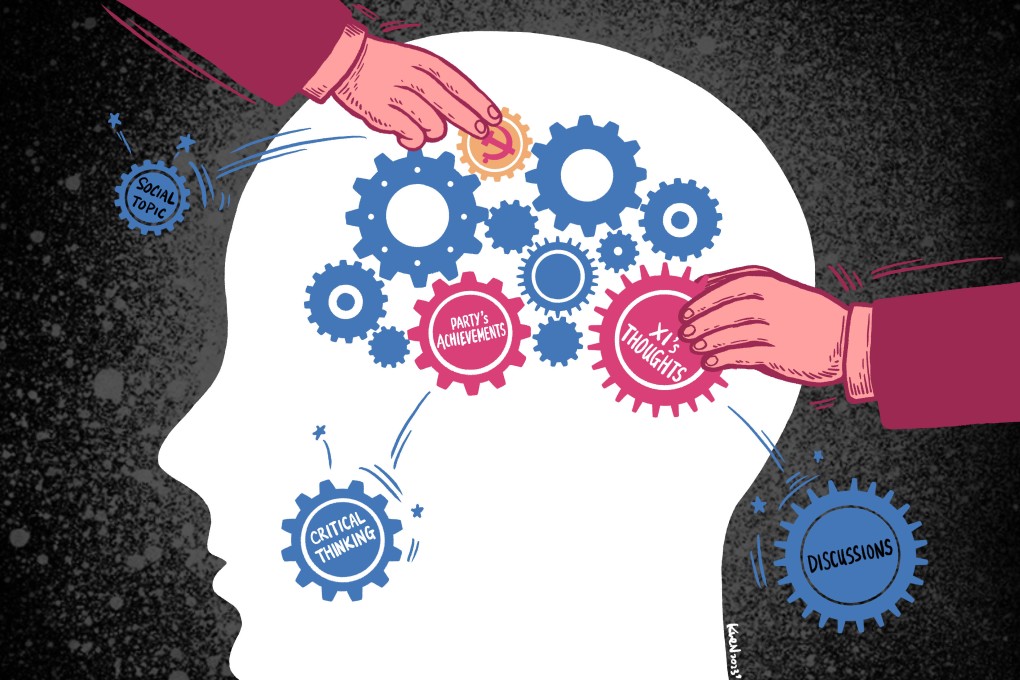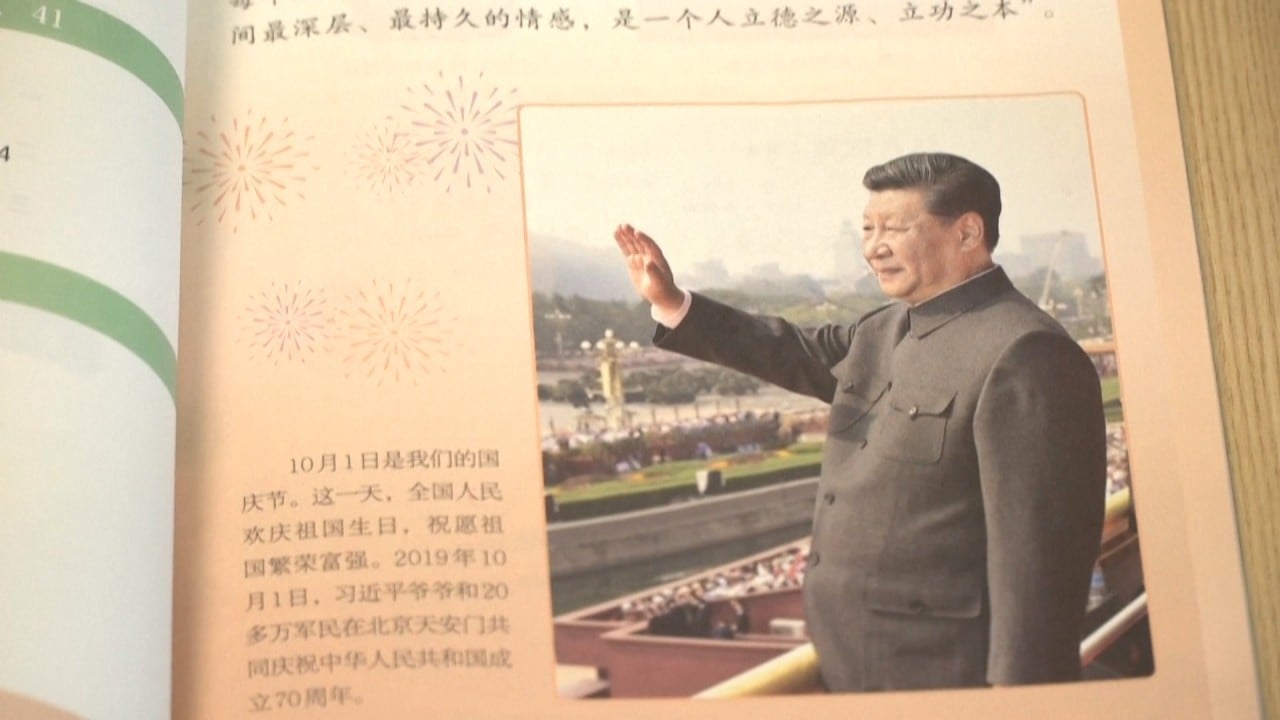Advertisement
For China’s intellectuals, restrictions started long before the pandemic and will continue after Covid is over
- It is increasingly difficult for scholars and thinkers to publicly express or exchange academic views, especially those at odds with the party under Xi
- Academics warn of consequences for China after finding critical thinking skills lacking in young students
Reading Time:5 minutes
Why you can trust SCMP
99+

For Sheng Hong, a prominent economist based in Beijing, in-person academic events and overseas trips were restricted long before the Covid-19 pandemic, and they are likely to outlive the pandemic too.
Advertisement
As Sheng tried to host a biweekly panel discussion in the summer of 2018, the small group of scholars were expelled and forced to move twice during the half-day meeting.
They ultimately wrapped up their discussion of complexity economics, a cutting-edge branch of economics, on the pavement.

Later that year, on his way to a conference at Harvard University, Sheng was stopped at an airport in Beijing by the authorities who warned that his travel posed a threat to state security.
He was director of the Unirule Institute of Economics think tank which promoted liberalisation of the country’s economy and that was shut down by the government in 2020.
“It started before the pandemic,” said Sheng, referring to Beijing’s rules in the name of preventing Covid-19 that restricted in-person events and international travel.
Advertisement
“The direct reason is simply restrictions set by the authorities.”

Advertisement
